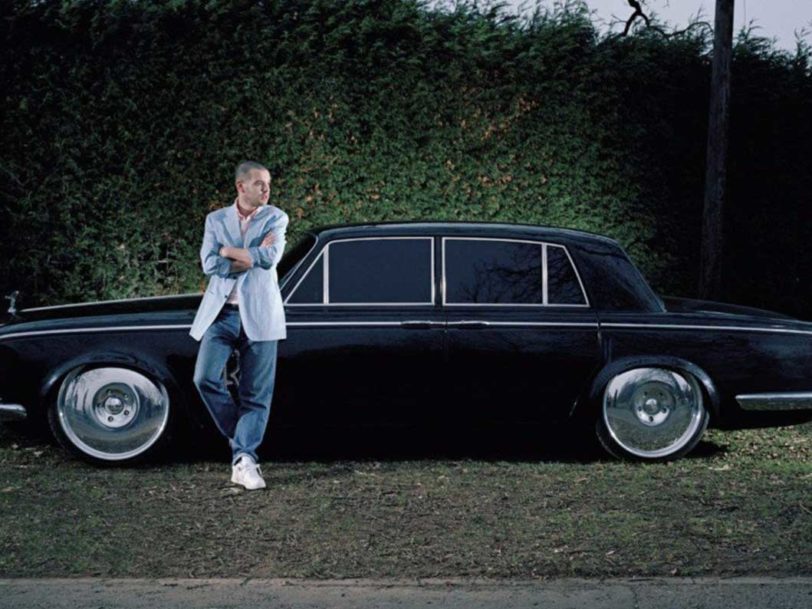Birmingham-born Mike Skinner, aka The Streets, opened up a world of 21st-century musical possibilities with his first single, Has It Come To This?, and his subsequent – eclectic – debut album, 2002’s Original Pirate Material. He also introduced his almost music-hall “geezer” character on songs such as Don’t Mug Yourself, expanding upon this for his second record, the highly relatable concept album A Grand Don’t Come For Free (2004), which was framed around an enjoyably rambling story about a lost £1,000, and boasted the hit singles Fit But You Know It and Dry Your Eyes. By 2006, however, the success of this sophomore effort had twisted together with personal upsets to leave Skinner in a good position to deliver his compact and successful – but sometimes underestimated – third album, The Hardest Way To Make An Easy Living. Touched by the engineering hand of UK garage legend Mike Millrain, it largely revolved around Skinner’s experiences in the music business, and the often corrosive effects that had had on him. He started as he meant to go on, posing in a suit jacket and leaning against his Rolls Royce for the album cover…
Listen to The Hardest Way To Make An Easy Living here.
Summing-up the music business
The shiny modern hip-hop of album opener Prangin’ Out sees Skinner starting his day in a cocaine-addled state and utilises vocals from Example. Skinner, always noted for his dedication to seeking out new UK rap talent – including dabbling in drill – had signed Example to his own label, The Beats Recordings, several years before the MC scored solo chart success. In a vision of where Skinner himself could have ended up, the single version of Prangin’ Out also saw him propping Pete Doherty (The Libertines, Babyshambles) up to deliver some bohemian poetry.
The hottest remix, however, came with an all-star grime version of the song. Skinner had transformed singles from The Streets’ second album in this way, most notably with an excellent resetting of Get Out Of My House, showcasing D Double E, Kano, Bruza and Demon. For Prangin’ Out, he brought in Skepta (impressively fitting all three Streets album titles into his verse), Ghetts and Tinchy Stryder (then acclaimed for his work with Ruff Sqwad, but poised to launch a successful solo career), plus early appearances from Devilman and Wretch 32 – another MC already very proficient, but some time away from his commercial breakthrough. It eventually got a proper release on 2019’s Remixes + B-Sides Too.




